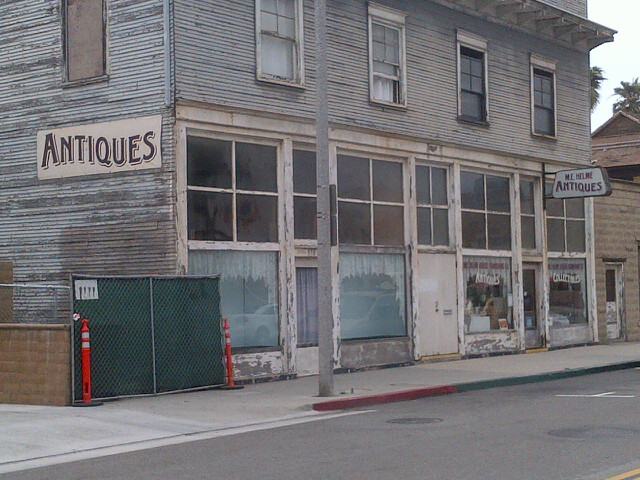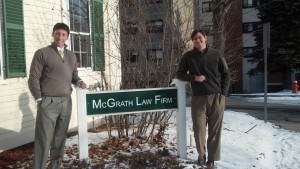Survivors of domestic violence have access to legal rights to protect them from their abusive partner. It is difficult to determine the number of domestic violence survivors, due to a lack of reporting, but the South Carolina Attorney General recognizes that thousands of individuals are impacted by domestic violence each year. Survivors of domestic violence have the right to safety, which can be accessed through Orders of Protection. We have included information about Orders of Protection below to help keep you and your loved ones safe.
If you are thinking about filing for an Order of Protection it is important to know that any member of the household in need of a protection may be included in the order. If a minor is living in the household, a petition can be signed if they are in need of protection from household violence. In order to file an Order of Protection, a survivor or a household member must meet with officials and file proper paperwork. If you are currently experiencing domestic violence, it may be useful to record the time, place, and incident of abuse in order to have specific evidence to give over to an attorney. Once a petition has been filed by a survivor then the abuser will be notified.
Once the abuser has been notified there is a risk that they will attempt to contact the survivor. In that case, an emergency hearing may be held within twenty-four hours in order to protect the safety of both the survivor and their family. In order to secure an emergency hearing, the survivor must show that they are in immediate danger. If you are not filing for an emergency hearing or have been denied then your case will be granted or denied within fifteen days.
An Order of Protection helps to prevent the abuser from coming in contact with the survivor and their family. For example, once an Order of Protection is granted, the abuser is required not to abuse, threaten to abuse, or molest any person protected under the order, communicate with any person protection under the order, or enter the residence, employment, or other designated space of the survivor. If an abuser violates the grounds of the Order of Protection then they may be hit with a misdemeanor or arrested.
An Order of Protection lasts sometime between six months and one year, depending on the specifics filed by the survivor, and if the parties reconcile then the reconciliation must be recognized by an Order of Dismissal. A survivor does have the opportunities to extend or terminate the Order of Protection. If the extension is asked for, then the abuser must attend a hearing within thirty days.
McGrath Law Firm, PA can help survivors who are navigating the criminal justice system and trying to obtain safety from their abuser. The process of obtaining an Order of Protection may sometimes be long and confusing, which is why we are here to walk you through the process and support you along the way. If you have questions or concerns about an Order of Protection or are interested more in learning about the rights of survivors of domestic violence you can contact the McGrath Law Firm, PA at 843-606-2755.


 When starting or moving a business, you know the old adage: location, location, location. The right storefront can mean higher visibility and more business. Getting into your new building likely means that you will be renting space and in need of a commercial lease.
When starting or moving a business, you know the old adage: location, location, location. The right storefront can mean higher visibility and more business. Getting into your new building likely means that you will be renting space and in need of a commercial lease.